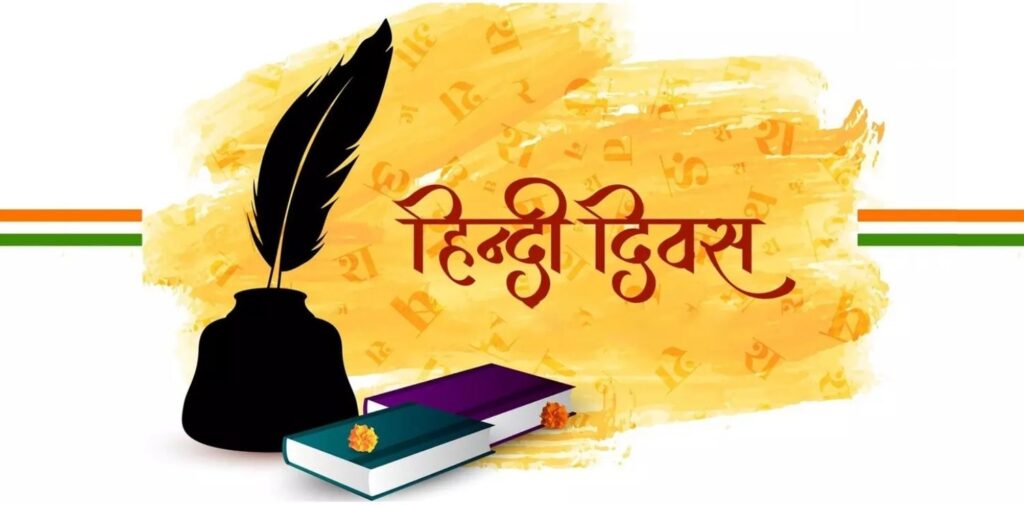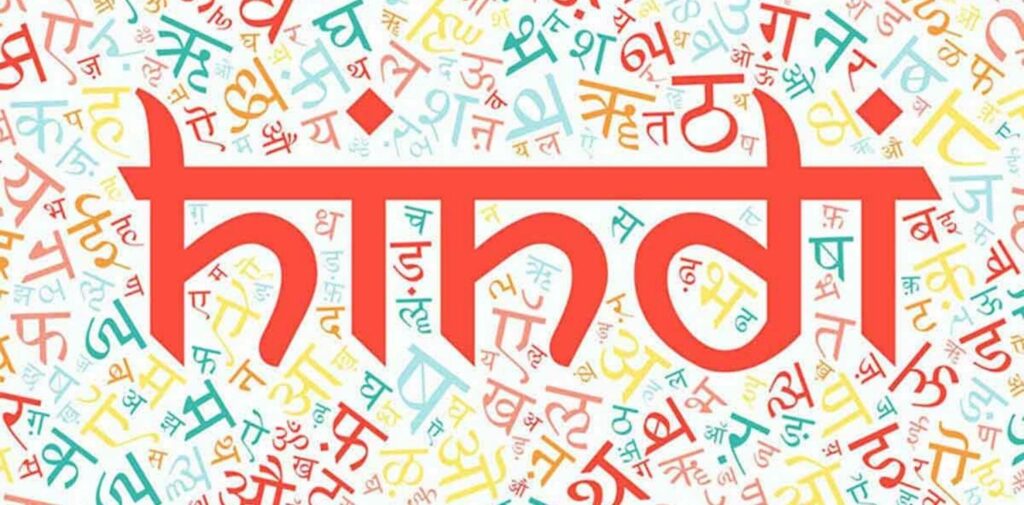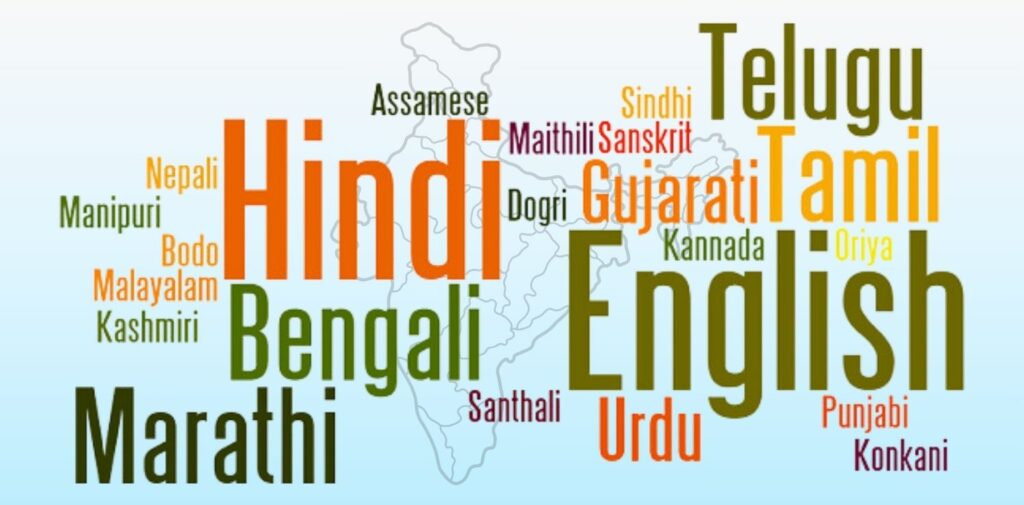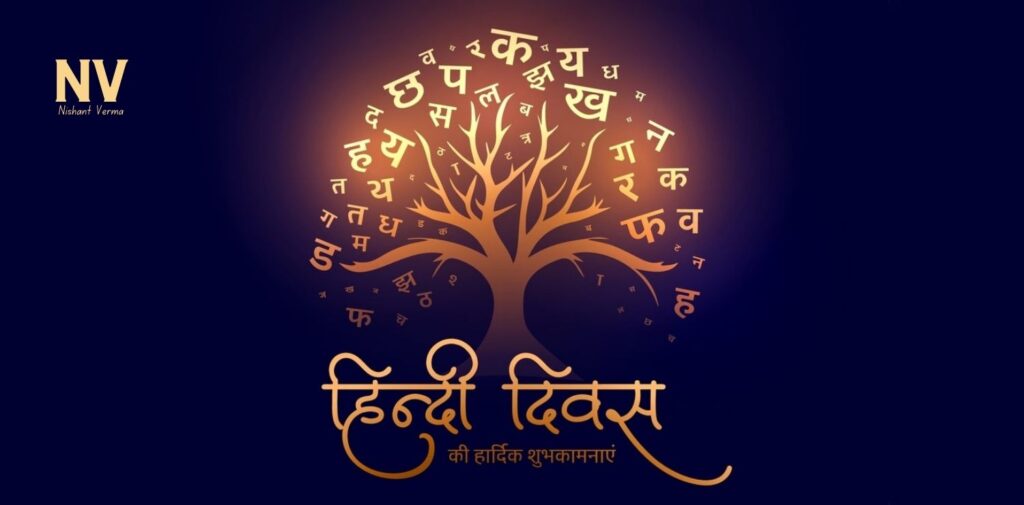Every year on the 14th of September, India celebrates Hindi Diwas to mark the adoption of Hindi as one of the official languages of the country. This day is significant not only in recognizing the linguistic diversity of India but also in emphasizing the importance of our mother tongue and national language in shaping our national identity. In a country that speaks over 1,600 languages and dialects, celebrating Hindi Diwas is a reminder of the unifying power of language, and it also brings to the forefront a broader discussion about the role of language in society, culture, and personal identity.
The Historical Significance of Hindi Diwas
Hindi Diwas was first celebrated in 1953, marking the date when the Constituent Assembly of India officially adopted Hindi as one of the official languages of the Republic of India on 14th September 1949. Hindi was chosen due to its wide reach and historical significance as a language of communication across large parts of the country. Although India doesn’t have a single national language, Hindi serves as a bridge across states, promoting a sense of unity amidst diversity.
The selection of Hindi, written in the Devanagari script, was aimed at providing a common linguistic platform for people from different regions of India. However, it was not meant to replace regional languages, but rather to coexist with them, respecting the rich linguistic heritage of the country. Hindi Diwas, thus, serves as an annual reminder of the role Hindi plays in our country’s governance, culture, and education.

The Importance of the Mother Tongue
The significance of one’s mother tongue goes far beyond mere communication. It is the language through which we first perceive and understand the world. Speaking in one’s mother tongue creates a deep connection to culture, traditions, and identity. For many Indians, Hindi is not only their mother tongue but also a cultural thread that binds them to their history, values, and sense of belonging.
Learning and communicating in the mother tongue fosters better understanding, cognitive development, and emotional security. Studies have shown that children who receive education in their mother tongue perform better academically, as they can grasp concepts more easily in a language they are already familiar with. Beyond academic performance, speaking one’s mother tongue nurtures creativity, imagination, and a sense of pride in one’s heritage.
Furthermore, when we speak in our mother tongue, we preserve our cultural heritage and ensure that the wisdom, traditions, and values of our ancestors are passed down to future generations. As globalization and urbanization continue to expand, it becomes increasingly important to protect our linguistic heritage from being diluted by dominant foreign languages like English.
Hindi as the National Language: Bridging Cultural Gaps
Hindi has often been at the center of the debate about national identity and linguistic diversity in India. While some argue that promoting Hindi undermines other regional languages, it is essential to understand that Hindi Diwas is not a call to impose the language on everyone but to celebrate it as a unifying force in a multicultural society.
In a country like India, which has so many different languages and dialects, it can be difficult for people from different regions to communicate effectively. Hindi, being spoken by a large portion of the population, has the potential to serve as a common linguistic ground, helping to break down barriers and build a sense of national unity.
The argument is not about diminishing the importance of regional languages, but rather about recognizing Hindi’s role in promoting communication across the vast linguistic diversity of India. In fact, our Constitution gives equal importance to all regional languages, and it is up to each state to promote and preserve its own language. Hindi acts as a secondary language that facilitates communication between states and with the central government.

The Misconception Around Hindi and Shame
In today’s globalized world, there is often an undue emphasis on speaking foreign languages, especially English, to the point where some people may feel ashamed to speak their own language in public. Unfortunately, this is a phenomenon that has been observed in many parts of India, where English is often associated with social status, success, and education. This attitude has led to a form of linguistic elitism, where speaking Hindi or any other regional language is considered less prestigious.
However, it is important to challenge this notion and understand that there is absolutely no shame in speaking one’s national language or mother tongue. In fact, being multilingual is a skill that should be celebrated. There is immense value in being proficient in your mother tongue, national language, and foreign languages like English. Speaking Hindi, or any regional language for that matter, does not make anyone less capable or less educated.
On the contrary, speaking in one’s mother tongue allows for a deeper connection with one’s roots and a more authentic form of self-expression. Many of India’s greatest leaders, writers, and thinkers have chosen to communicate in Hindi, despite being proficient in multiple languages. It is a matter of pride, not shame, to speak in the language that connects you to your culture, heritage, and national identity.
Why Preserving Hindi and Regional Languages is Crucial
With the increasing influence of globalization and the dominance of English in education, business, and technology, there is a real threat to the survival of indigenous languages, including Hindi. If we do not actively work to promote and preserve Hindi and other regional languages, they risk being relegated to the margins of society.
The erosion of language is not just about the loss of a communication tool; it is about the loss of culture, history, and identity. Languages carry the stories of generations and are a repository of cultural knowledge. For instance, many traditional art forms, music, poetry, and folklore are rooted in regional languages. Losing a language means losing these cultural treasures.
This is why Hindi Diwas serves as an important reminder to value and nurture our linguistic heritage. It encourages us to take pride in our language and work towards its promotion, not only within India but also on a global platform. Today, Hindi is one of the most spoken languages in the world, and its influence is growing in international forums. Hindi films, literature, and music have found audiences across the globe, bringing Indian culture to the world stage.

Conclusion: The Future of Hindi and Language Diversity in India
As we celebrate Hindi Diwas, it is crucial to remember that language is not just a tool for communication; it is a reflection of our collective identity. Hindi, as one of India’s official languages, plays a vital role in shaping our national consciousness and fostering unity in diversity. However, this does not mean that it is the only language that deserves recognition. India’s strength lies in its linguistic and cultural diversity, and every language spoken in this country is a valuable part of our national fabric.
Speaking in Hindi or your mother tongue is not a sign of backwardness or lack of sophistication. Rather, it is an expression of who you are, where you come from, and the rich history you carry with you. Hindi Diwas reminds us to celebrate our linguistic heritage, to take pride in our national language, and to ensure that future generations continue to value and preserve the linguistic treasures of India.
As we move forward, it is important to promote multilingualism, where Hindi, regional languages, and foreign languages coexist harmoniously. This will not only enrich our society but also help us to preserve our cultural identity in an increasingly globalized world. After all, language is the thread that binds us together as a nation, and on Hindi Diwas, we honor that connection.




